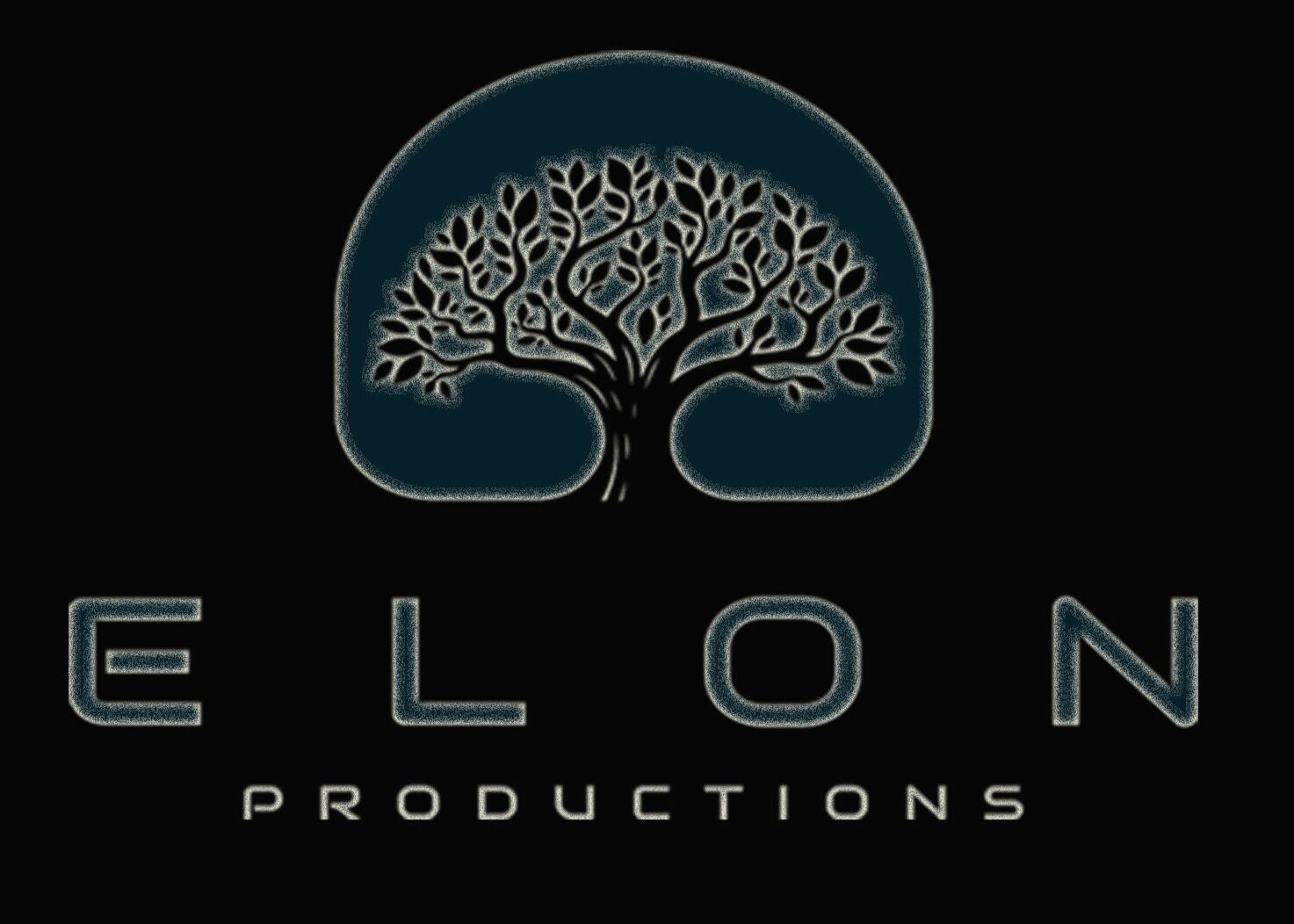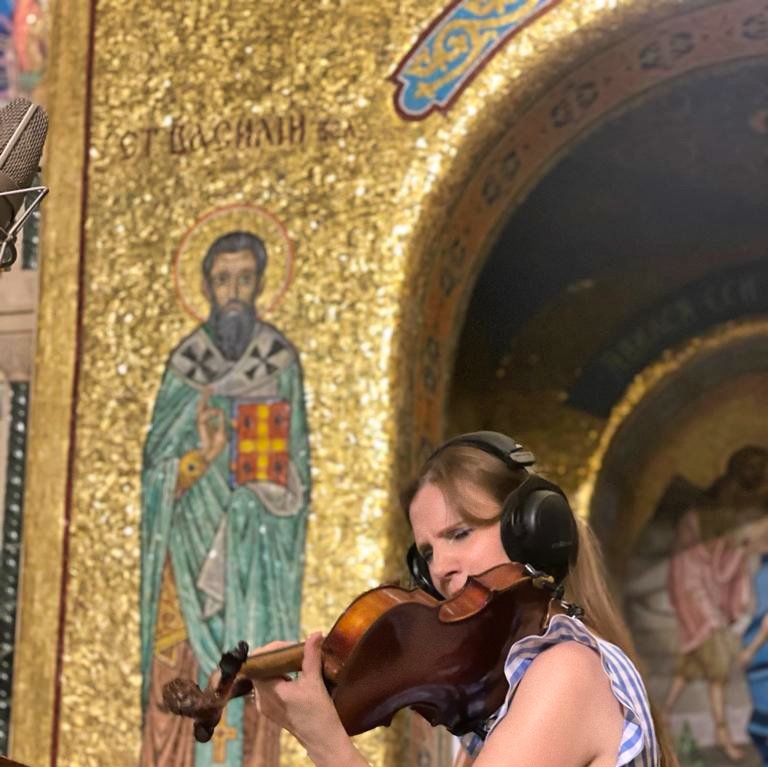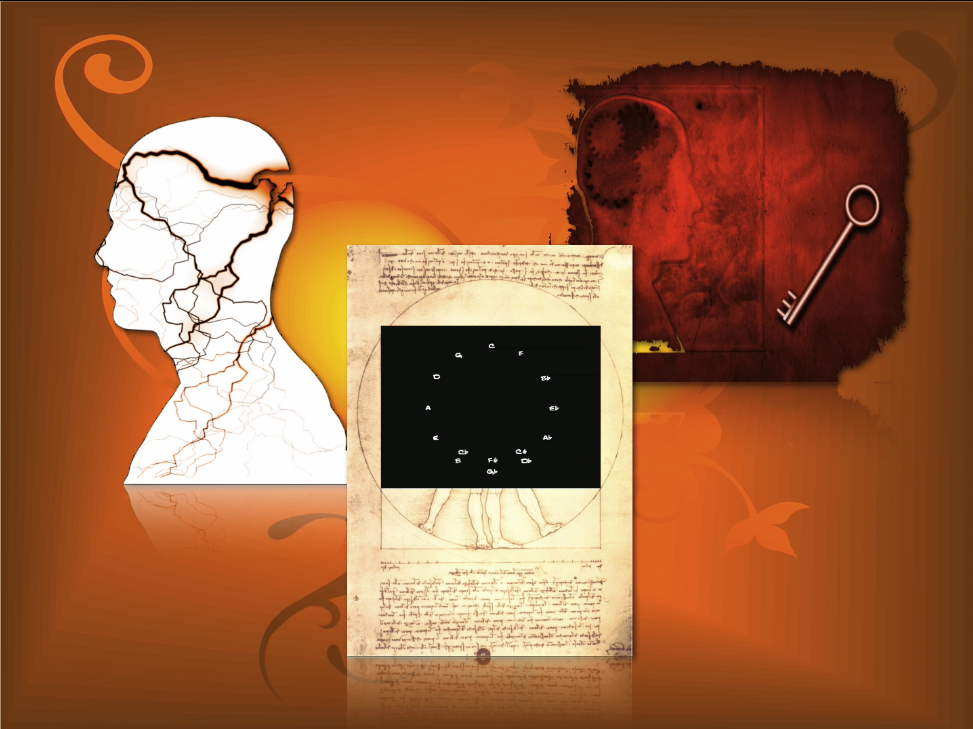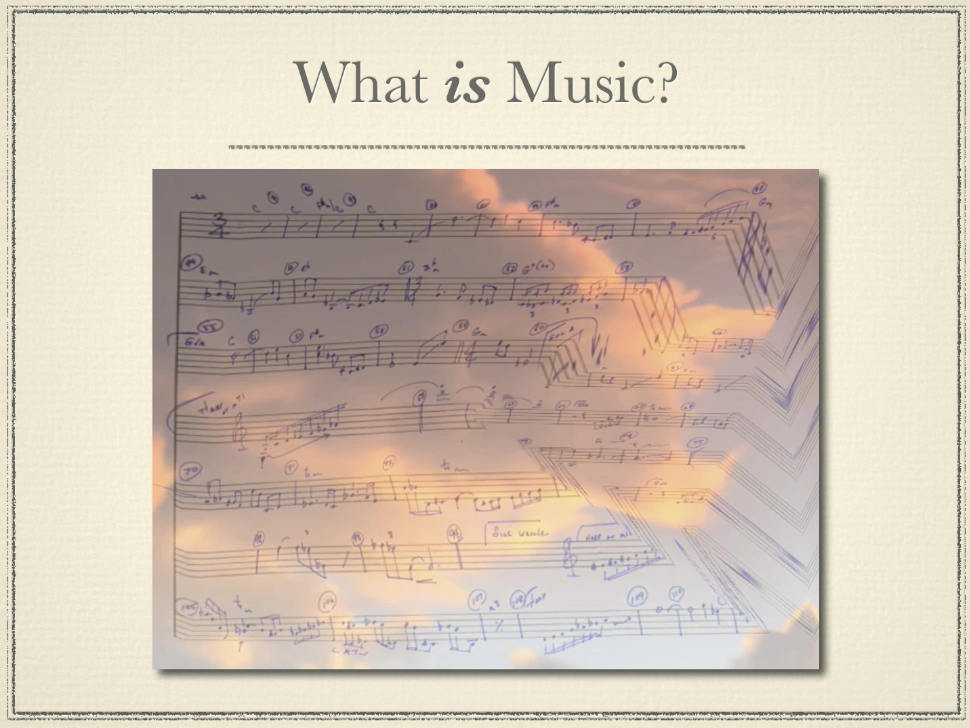Interview With Stephen Melillo
Guided by light, and serving GOD, the talented award-winning composer Stephen Melillo talks to us about his latest works, trials, and tribulations, and what music means to him.
A world-renowned composer, Stephen’s more than 1310 works include 4 symphonies, several concerti and over 45-hours of Music for Ensembles of the 3rd Millennium™. Stephen’s Symphony IIII: Lightfall, was nominated for the Pulitzer and Nemmers Prize in Music. Winner of three 2009 Telly & Ava Awards for his 2005 Visualized Concert, Kakehashi: That We Might Live, Stephen's concert-version of that work was nominated for the Pulitzer Prize in Music. A fourth Telly Award was given for “Best Use of Music” in the 2019 feature film, One Little Finger produced by Rupam Sarmah. A fifth Telly Award included Stephen’s work on the 2019 Reckoning of Darkness produced by Christopher Kulikowski. Stephen’s 15 feature film scores include the Oscar-nominated 12:01PM and the Jonathan Heap horror thriller, The Unwilling. Stephen has been a recipient of the ASCAP Concert Awards each year since 1992.
STORMWORKS, Stephen’s pioneering, self-publishing entity, has gone from 0 to many thousands of worldwide renderings since 1992 simply by word-of-mouth. He has 42 Albums and 9 books on varied streaming services and novels, including Only for Now, Ahab, a Love Story, the prequel to Melville’s Moby Dick, and most recently the sequel, Death to Moby Dick, a Love Story.
This is Stephen’s story.
Q: What was the inspiration behind the three projects?
A: On 24 FEB 2022, I read a Poem by Edna St. Vincent Millay entitled, “What lips my lips have kissed, and where, and why”.
The war-time poem was laden with hurt and pain, loneliness and sorrow. Minutes after first sketching piece #1296, Musical Haiku #113, I discovered another Poem by the Ukrainian Poet, Taras Schevchenko. Musical Haiku #113 was retitled, “A Requiem of Two Poems.”
Hours later, Russia invaded Ukraine. Friends and descendants from Ukraine wrote. One first-generation Ukrainian “has a 16-year-old girl from Ukraine with him as part of an exchange.” She is separated from her family, now under attack.
Catherine L. Geach, who was composed, “Lonely is the Knight” some 23 years ago, the woman who created the school for war-torn orphans in Cambodia, listened to the piece. ‘Hearing’ the Music, she presented me with a Violin recording she had made while on her knees in Prayer.
Then, only hours after writing, the recording was played at The Church of Berezdizi near Lvev, Ukraine. The music was not only played in the Church but all-around Ukraine, including in areas under attack and even during Prayer for Ukrainian soldiers before going into battle. One must marvel at the workings of God... for most assuredly, the music, its purpose, and its rapid spreading in Ukraine and beyond were and remain in His hands.
Q: Can you walk us down the creative process to create something like this?
A: I think this may be disappointing to some. I would say that the music appears “instantly”. That is to say that I hear the piece as if it exists in a single point before being extruded in time. Like Film, Music is a “Time Art.” And just like film, one can experience it “out of time” the way a film editor does or the way a Director might shoot certain scenes out of order to be assembled into a timeline later.
After hearing the music, I write it down using staff paper and a blue pen. From this sketch, which always varies in complexity based on the parameters and nature of the piece, I then render the music virtually. In this case, I sent my orchestration of the piece, which included a virtual violin solo, to Catherine Geach. She recorded herself on her knees and sent me the Violin part. This was laid into the existing orchestration with the virtual violin now removed. Then a simple visual was made, the visual scored with the Music, and posted to YouTube.
Q: What is something you learned during the creation of this project?
A: The continued reinforcement that God is always present in all things and in all ways and that the spirit and heart of the Music are from God, and that it flows to us a Gift.
Q: What were some initial responses to these projects?
A: The Music was taken to heart by the Ukrainian People. Quickly. It spread rapidly, more so than I could imagine. I am more accustomed to vast Silences after writing Music. “Oh, that was nice, Steve.” This however, was new. It also led to something wonderful. Earlier, during the pandemic, I had composed Music for THE MASS. Catherine Geach and her Ukrainian friend brought the Music to La Basilica Minore di Santa Sofia Ukrainian Cathedral in Rome, Italy. Catherine, who recorded the pieces on violin, gave a live concert in the church. This led to the THE MASS being recorded there as well. Interestingly enough, outside the church is a statue of Taras Schevchenko.
Q: How do you feel about what’s going on in Ukraine?
A: When innocent people are caught up in the devastation, the corruption, the oppression, the greed, the imprisonment, the displacement, the stripping of homes and dignity, the disregard for Humanity by elitists, and the instruments and tyranny of war, I feel sick. The road to the Brotherhood of Humanity has been bombed yet again, and we are set backward in the climb to find lasting peace.
Q: As a composer, what continues to motivate you to do what you do?
A: Good question. As a boy, I had considered becoming a Priest. I do not compose as a chosen profession. I would much rather have flown F-18s or built bridges. I wanted to be an Oceanographer and then a Physicist for many years. Physics was my first major in college. Like the Priesthood, writing Music is a vocation, a calling. I feel called by God, and though most certainly the littlest of the little drummer boys, I serve Him in this way. Because it is so easy to fail at this calling, I am forever motivated to do my best.
Q: How do you think we can make the world a better place?
A: Preface. Though we can inspire others, we cannot change or control others, only ourselves. In that light:
Love and serve God with all your Heart, Mind and Soul.
Love your neighbor as yourself.
Learn the lessons of history and apply them.
Discover and learn about Heroes from the Past and do your best to live the life of a Hero.
“This photo was taken of ex-POWs from Bataan & Corregidor aboard the USS BATAAN. This is not only a separate interview, but several novels. My 11 September 2001 born Son, Spencer, is being held by Sam Ring, a 6th Army Ranger who saved his own father in the Great Raid on Cabanatuan. The Woman is Dame Mary Sigillo Barraco, an ex-POW of the NAZIs and Knighted Freedom-Fighter. Each person in this photo is a True Hero.” - Stephen Melillo
Q: What have been some of the trials and tribulations you have faced during your career?
A : I fully intend to write a “tell-all” novel one day about the treacheries, manipulations, lies, cheats, hurts, malice, and thefts, but here is a short answer. I have about 100 three-ringed binders filled with stories. They are stories of rejection and betrayal, as described in my 2nd Symphony, “At Life’s Edge”. They are stories of threats and abuses and bullying and “slaps-in-the-face”. My email address is “trialbystorm”. Does that tell you anything? One of the things we learned in Catholic School was the story of Saint Teresa. With her head on the chopping block she prayed, “Is this how You treat Your friends? No wonder You have so few.” Despite all of my many flaws and mistakes, I must be a REALLY good friend!
Here is just one “trial” taken from the hundreds. I was on the set of a picture shot in Arizona. I had become friends with the Actors and wrote Music on the set. The lead actor (a famous one) actually whistled a theme I would later develop at home. The contract was about one-inch think. It was a done deal. Through a succession of test cues which went back and forth via FED-X with the Executive Producer, (a big name), I had written about 26 minutes of Music, all in demo form. Eventually, I was thrown off the picture. The director was a friend and told me the following. “XX (the Producer) gave your cassette to the new composer and said, ‘I want a Score just like this!’”
Q: What are three words that you live by?
A: Interestingly enough, I’ve never really thought about a reduction to 3 words. Given your question, I would say Faith, Sincerity/Integrity, and Love.
Q: What is something people don’t understand about being a composer?
Being a Composer requires a LOT of freaking hard, disciplined, monk-like work and requires a LIFE-long dedication. There are many people who write a few pieces, and while doing something else to earn a living, call themselves composers. Well, I earn may Dying by writing Music. That is the difference. In other words, it is not just a “living.” I have often referred to Music as Blood. To write Music takes something from you. Why? Because you must give so much to it. In my 4th Symphony, there is a movement entitled, “The Book of Lasts.” As opposed to a book of firsts, like a first tooth falling out, or a first bike ride, there are also things that we will do for the last time. A last kiss, a last breath. Today, there are 1314 pieces of Music. Now, I don’t know the number. It could be 2,000. It could be 2,057 or 3,000, but at some point, I will have written my final piece. I believe that real Composers are continually divesting themselves of life as they pour themselves into personal expressions. That is why I believe a Composer works toward the end of his/her life, and therefore “earns their dying”.
Q: What does music mean to you?
A: What a Beautiful question. Thank You. Music is the Voice of God, and I mean this mathematically, scientifically, physically, and spiritually. That is why even Music that pains us must be written in a state of Prayer and offered with Love.
Q: What do you believe is the connection between music and the soul?
A: Imagine having been ripped away from your parents when you were a baby. But in your DNA is an encoded message, a trail that can lead you back to your parents after you have become self-aware. Torn from Heaven, we are cast into the world. Existence becomes a school. Everyone is a student, even those unaware, and God in the only Teacher. He speaks to us all, even the ones who do not yet hear. Music is the DNA of God’s voice. When we listen to it, our Soul vibrates with the Infinite. We know that there is more to us than mere chemicals. God sings, and our souls vibrate, and this is Music.
Q: What does happiness mean to you?
A: Man, you get right to it, don’t you? Bravo.
I am happiest most when something that I did makes someone else happy. Truly. On a more defining level, happiness for me is realizing and accepting this Life, its fortunes and arrows, its fleeting moments of joy, and its brevity, as a stepping stone back to the Infinite.
The most profound Happiness beyond having a child is yet to come. It will be that moment when on my knees, head bowed, a pat comes from the Creator of the Universe. “Hey, man. I didn’t give you much talent, but you did well. Good job!”
Beethoven and Mahler, Bach and Duke Ellington, Jerry Goldsmith, Erich Korngold, and Miklòs Rosza, and many others will say, “Hey Steve, welcome aboard. This is Heaven, man. You didn’t have chops like us, but you still managed to get out some pretty good Music. We’re just about to have dinner. Please join us at the table. Your Mom made Manicotti. Let’s eat!”
I will be one happy Dude!











